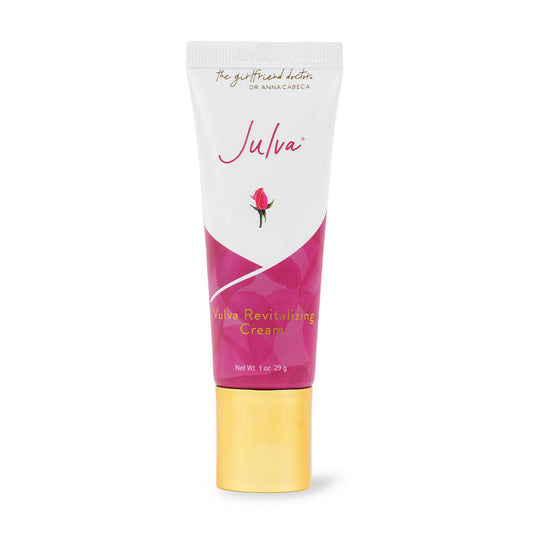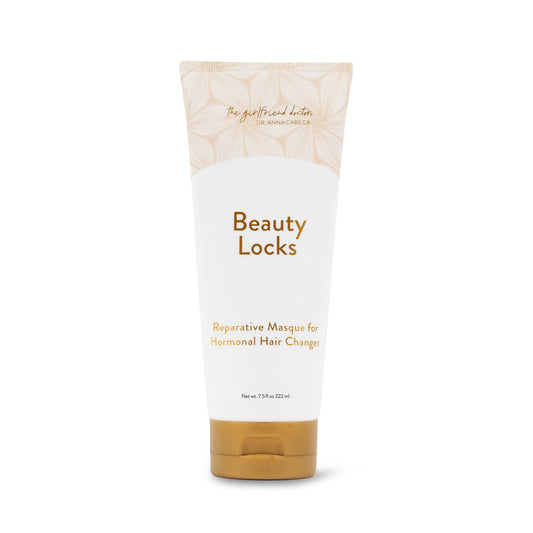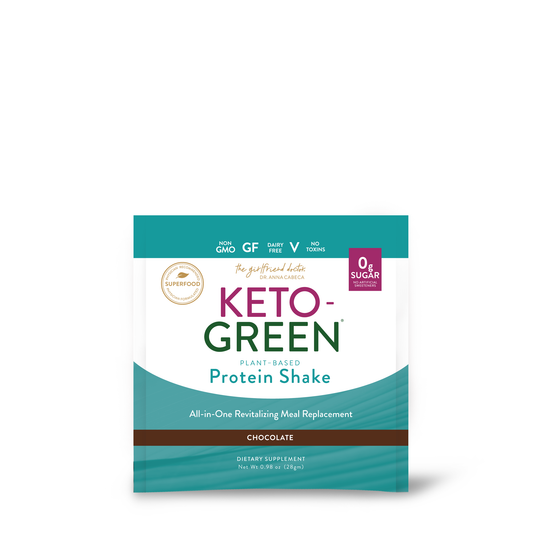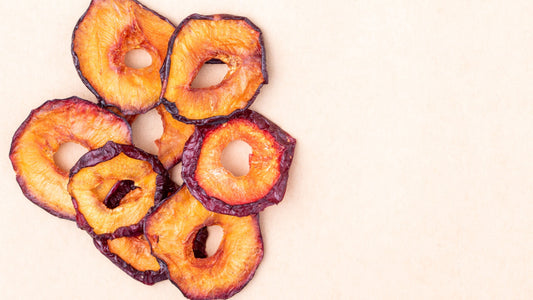"La Vie En Rose. It is the French way of saying,
I am looking at the world through rose-colored glasses.” – Audrey Hepburn
Will you look at the world with rose-colored glasses with me? It’s the same as looking at the world with the glass half full mentality. It’s a beautiful way to approach life. My mother used to say that to me all the time.
Focusing on the positives in life will make for a healthier, more resilient you! Yes, it will.
The Resilience Of This Beautiful Alpine Rose. And What It Can Mean To Your Skin!
I want to introduce to you a beautiful pink flowering plant, the Alpine Rose, that can be found high up in the Swiss Alps.
It grows –and thrives– in an incredibly harsh environment consisting of high altitude dryness and freezing temperatures.
How does the Alpine Rose endure such environmental stressors?
Its resilience and regenerative characteristics help the rose to thrive. Scientists have learned how these characteristics can also help support more youthful skin.

The Alpine Rose contains stem cells that protect it against dehydration as well as the attack of radicals and pathogens.
These stem cells have amazing regenerative attributes, enabling the plant to produce new cells continuously throughout its lifetime, potentially living up to 100 years. (1,2) This characteristic of the Alpine Rose stem cells is referred to as “totipotent.”
Along with this vital characteristic, the Alpine Rose plant also contains high amounts of polyphenolic compounds (which protect the plant against radicals, as well as viruses and bacteria), taxifolin, antioxidants, and antiviral compounds; and are also optimized to sustain in a very dry environment. The plant has adapted to its environment by developing scales on its leaves to limit water loss, as well as developing the ability to synthesize protective proteins which behave as tiny sponges, retaining water around the cell membrane.
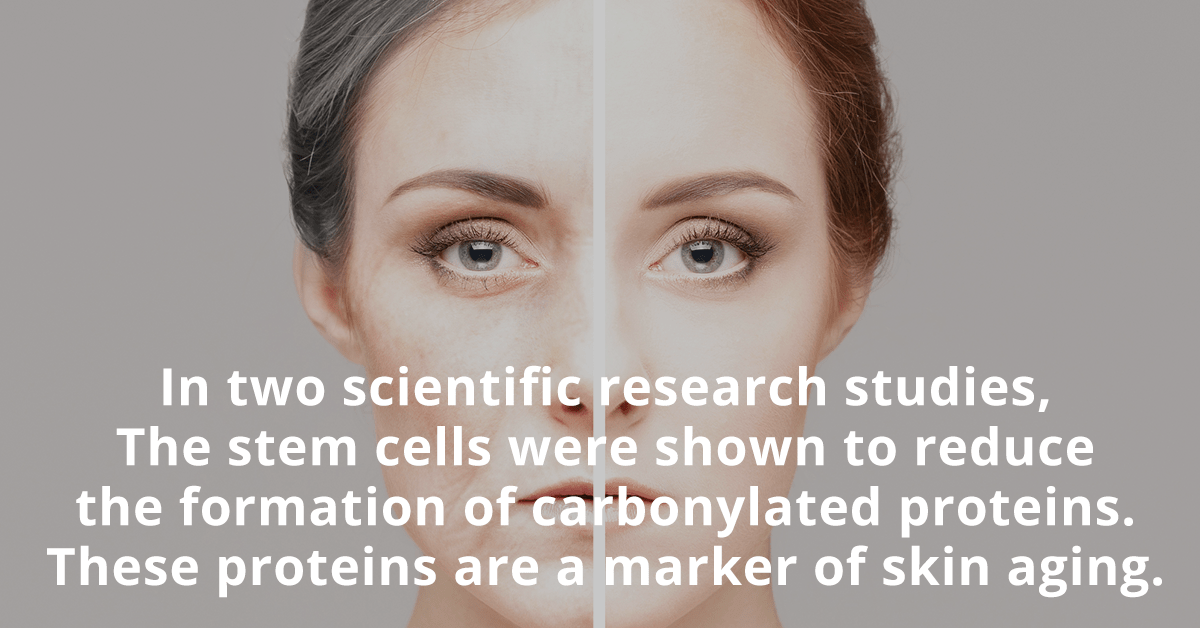
How Do These Stem Cells Support More Youthful Skin?
The Alpine Rose stem cells are able to survive the frost and dehydrating conditions of dry air and cold. And this protection appears to support more than the plant itself, as studies have shown the same stem cells can offer protection to human skin as well.
In vitro and in vivo studies (3) the stem cells were shown to reduce the formation of carbonylated proteins. These proteins are a marker of skin aging. The stem cells were also shown to protect the skin against herpes occurrence due to their strong antiviral effect.
Oxidative stress was measured in vivo by examining the carbonyl protein content in human skin after exposure to UVA radiation. Compared to the placebo-treated skin samples the carbonyl protein content was significantly reduced in the skin sites treated with the Alpine Rose stem cells.
The Alpine Rose stem cells protected against damage induced by oxidative stress as well as defending against pathogens!
And in another study (4) Alpine Rose stem cells were again shown to have a protective effect on human skin as they did within the plant.
Our skin’s epidermal cells are responsible for skin cell replenishment, and this process slows down as we age, taking 50% longer for replenishment to occur. This study demonstrated that one key measure of renewal, the ability for the cells to form colonies, increased as much as 75% when penetrated with a 0.15% Alpine Rose stem cell extract. Stem cells were better able to counter environmental stress and retain skin cell vibrancy.
Is Plant Stem Cell Use Sustainable?
My community is very conscious of their own health, which includes the health of the environment, so as I selected ingredients for Julva® I ensured that sustainability was a chief objective.
The Alpine Rose stem cells that I use in Julva® are from a respected company that cultivates its own Alpine Rose stem cells and also has been certified as adhering to Ecocert organic cosmetics standards. Their supply does not require impact via wild harvesting of the plant, so it respects sustainability.
Ecocert standards mean that the ingredients must be derived from renewable resources, and manufactured by environmentally friendly processes. They must also adhere to a minimum threshold of natural ingredients coming from organic farming.
The Ecocert standard for cosmetics requires a minimum of 95% of the formula be plant-based ingredients and a minimum of 10% of ingredients come from organic farming.
The Alpine Rose stem cell extract I use in Julva® is Ecocert certified and contains (5):
-
99.91% of ingredients from natural origin
-
59.829% of ingredients from organic farming
And please note: the stem cell extract used in Julva is not from a human tissue of any kind (people do sometimes ask!). Plant stem cells are harvested from sustainably grown cultivations and are not detrimental to the host plants or the environment.
Because only the smallest amount of tissue is taken from the host plants but reaps unlimited cells from the one culture, the host plants do not need to be mass produced. There is no mass-planting requirement, so water use is minimal as it land requirement and disruption to the environment.
So What Does This Mean To Julva®, My Feminine Anti-Aging Cream For The Vulva?
Along with the benefits of DHEA, my Julva® formulation contains many quality ingredients that have been shown to be beneficial to the skin and its underlying tissues. I wanted to include ingredients that helped with hydration, skin resiliency and vibrancy.
These ingredients include: Alpine Rose Stem Cells, Emu oil, Vitamin E, Coconut oil and Shea Butter….doesn’t it all just sound nurturing to the skin….especially your delicate skin in your most delicate areas, including the vulva and vagina?
Join the women who have already tried – and love – Julva®.
And don’t forget to wear those rose-colored glasses! Focus on the positive and beauty in every single day…
As Audrey might say…

References
1. 2002 Feb 14;415(6873):751-4.
2. 2005 Aug 26;122(4):499-504.
3. Ecocert Certified Alpine Rose Active Combats Aging by Protecting Skin Proteins Dr. Frank Gafner, Dr. Daniel Schmid, Esther Belser Mibelle Biochemistry, Switzerland February 2011
4. J Gerontol. 1983 Mar;38(2):137-42.
5. Download PDF: https://mibellebiochemistry.com/alpine-rose-active
Photo credit: Alpine Rose photo courtesy: Mibelle Biochemistry


